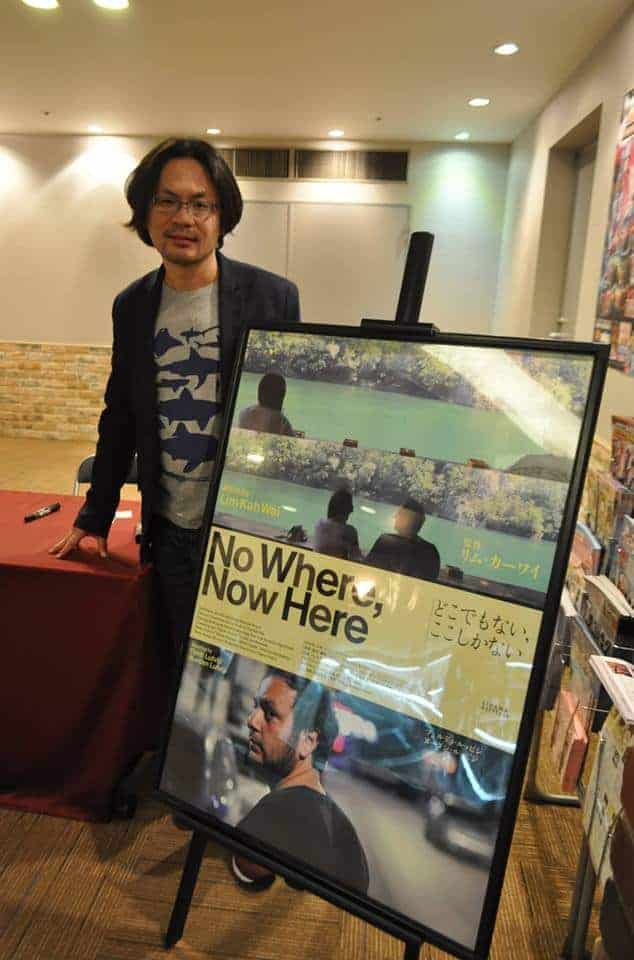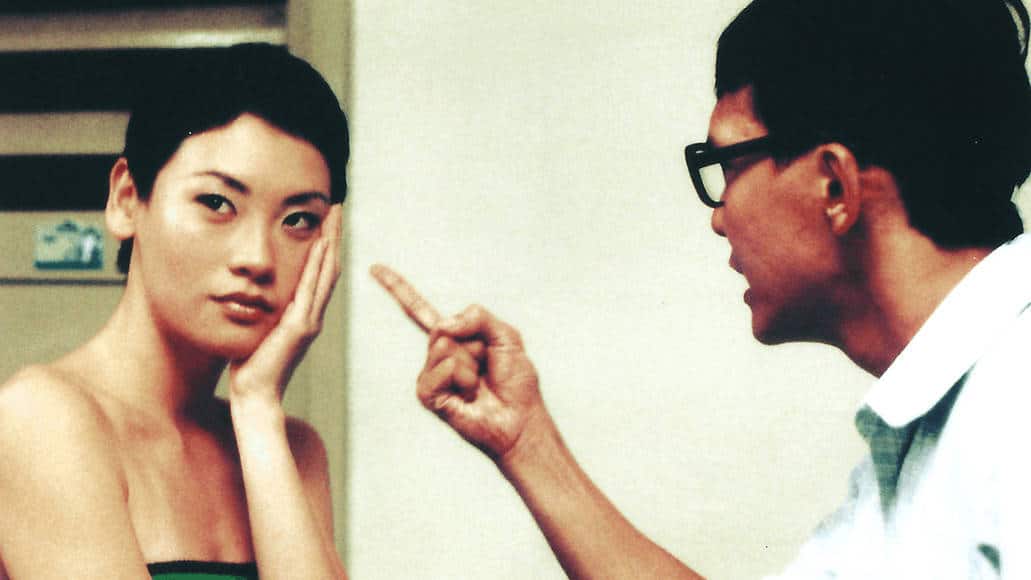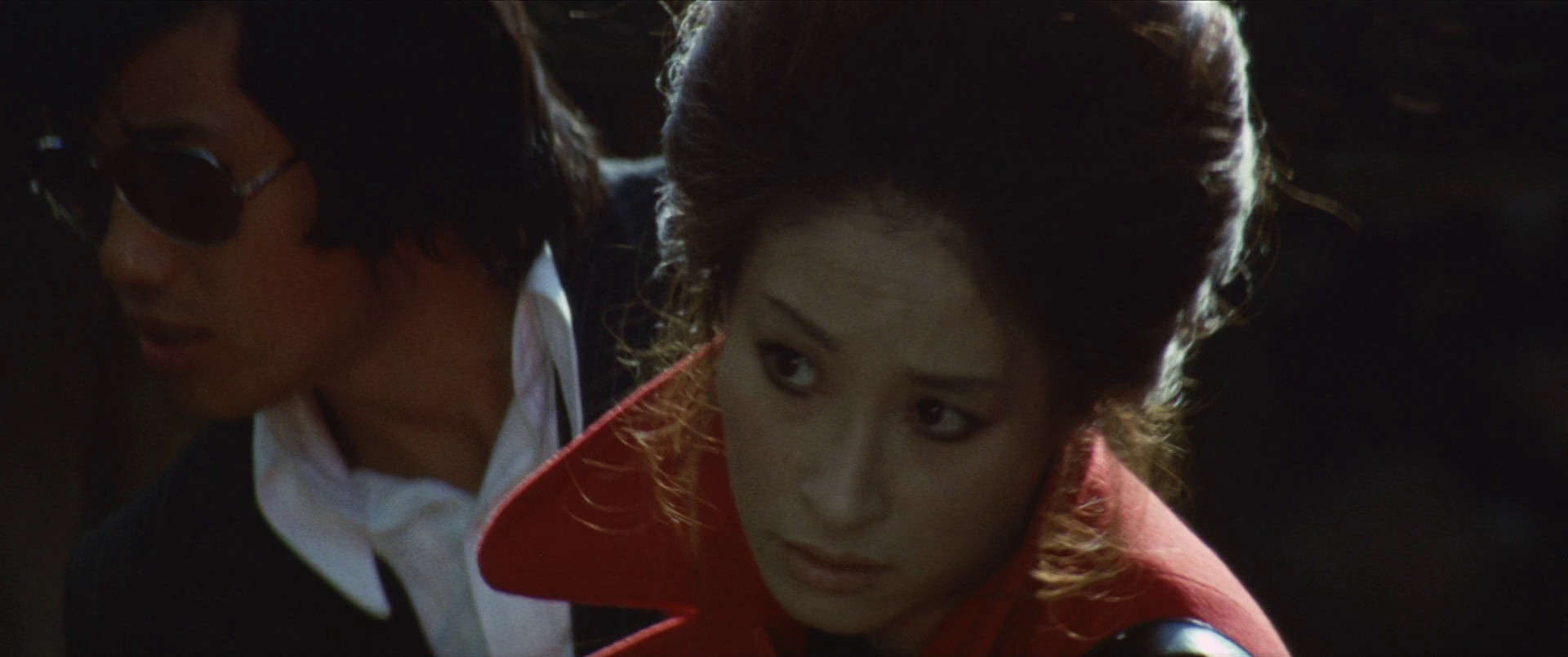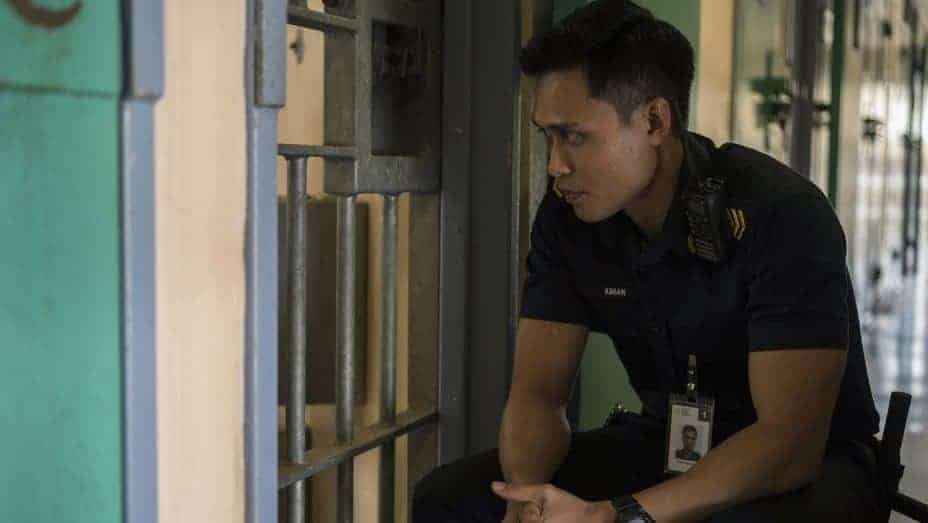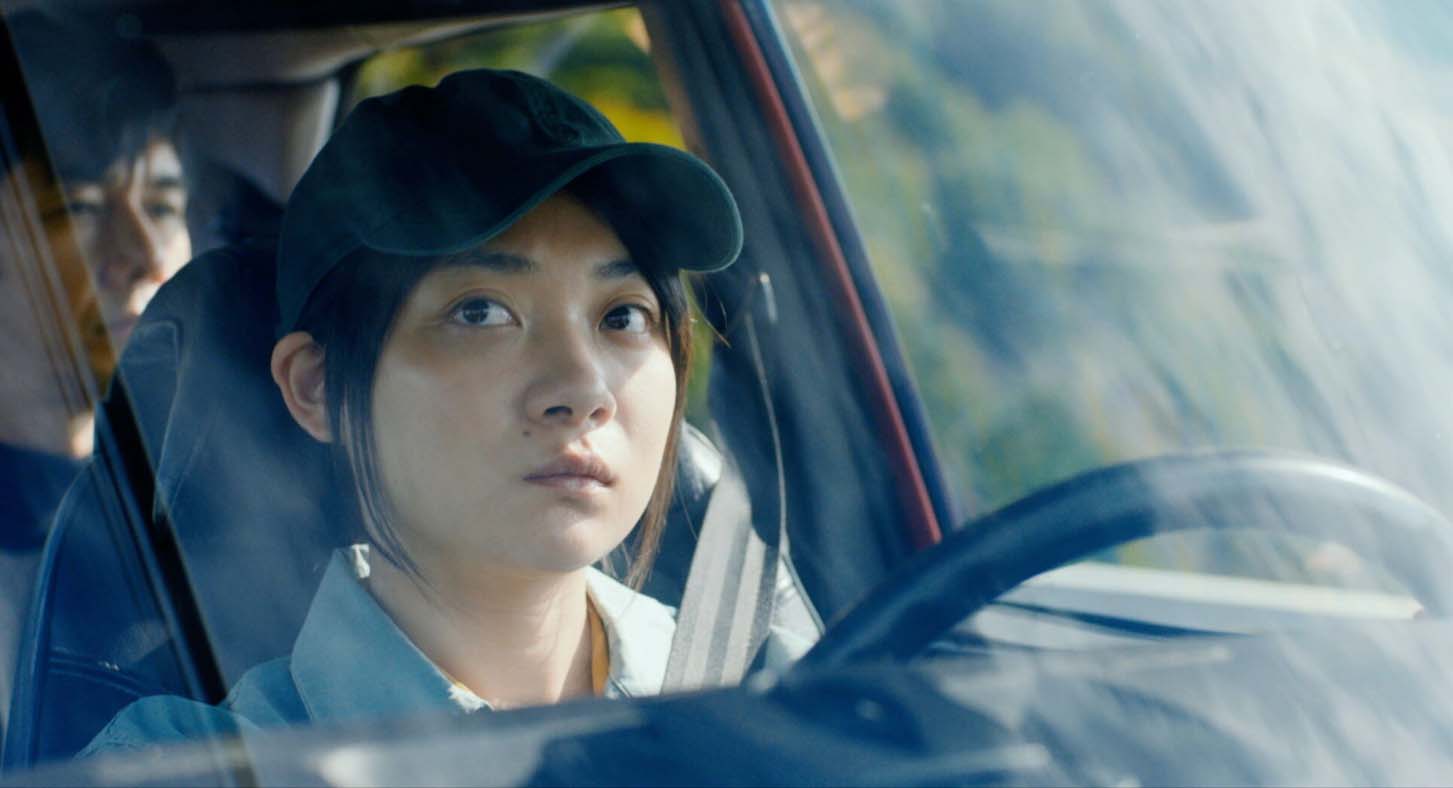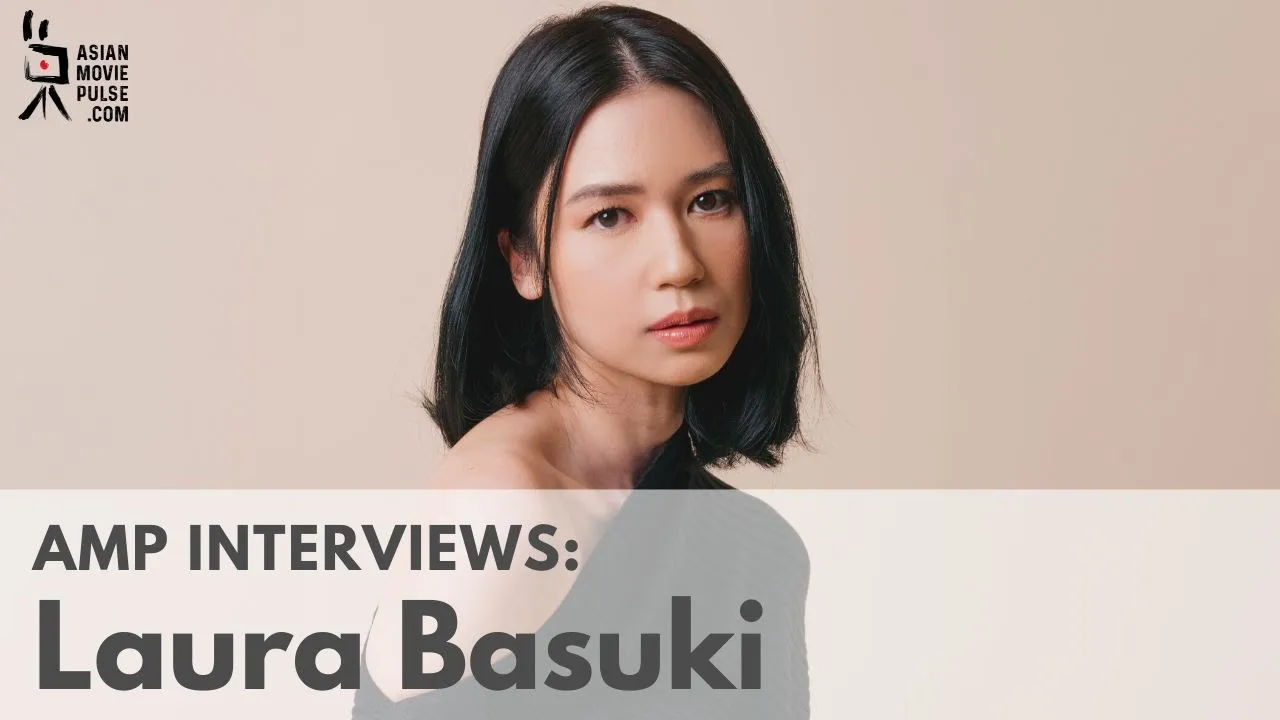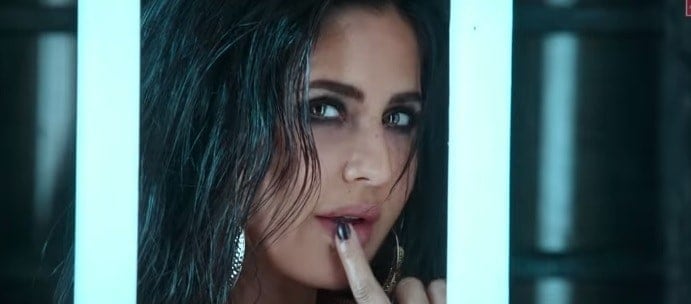Born in Kuala Lumpur, Malaysia, in 1973, Lim Kah-Wai graduated from Osaka University, majoring in Electrical Engineering, in 1998. Lim studied film in Beijing Film Academy in China after 6 years of Network Engineer in Tokyo. His directorial debut “After All These Years” was shot in China in 2010. He was a jury member of Winds of Asian section at the Tokyo International Film Festival in 2012. He finished “Fly me to Minami” in 2013 and the movie was selected in Osaka Asian Film Festival. He was also elected as the “Director in Focus” at South Taiwan Film Festival in 2013. His latest film, “No Where, Now Here” takes place in the Balkans.
On the occasion of its screening at the Osaka Asian Film Festival, we speak with him about the film, the Balkans and the people there, the difficulties he stumbled upon, his actors, his future projects, and other topics.
Why did you choose to shoot a Balkan film? Why in this region?
After the commercial releaseof my previous film ” Love in Late Autumn” in Mainland China in 2016, I felt a bit exhausted and tried to take a leave from the film industry and filmmaking. I made a half-year back-pack trip from Beijing to Russia through Siberian railways, and then across Russia and came to East Europe. I visited almost every East Europe country and finally arrived in the Balkan region by road. It was a truly enjoyable and exciting experience for me. I didn't have any idea about those countries, all my knowledge came from some such art film which talked about the war and political issues there, from Emir Kusturica to Theo Angelopoulos, to the point I even thought that this area was still at war and dangerous. Honestly before arriving there, I didn't even know that countries like Slovenia and Montenegro existed…then I discovered that this area is very peaceful and safe, the people are very nice and interesting, the culture
is very different from Asia or even Eestern Europe. As an outsider, probably what I experienced and observed there was different or very “on the surface”, but I was impressed by the people I met and their stories.
The landscape and architecture there are also very interesting and fresh to me. In the beginning, I never thought to make a film there, but after I came back to Asia, I found out that I missed being there a lot and wanedt to return there again. I thought I needed a good reason to revisit there, and, as a filmmaker, filming is a strong and productive reason for me.
Can you tell us about the locations the film was shot? How was the shooting like? Any memorable episodes, good or bad? How did the locals reacted to the shootings?

Mainly we shot the film in Ljubljana, Slovenia and Gostivar, Macedonia. These two cities are very different from each other. Ljubljana, as you know, is the most globalized and westernized city in this area .There are thousands of tourists there .On the other hand, Gostivar is a small town in Macedonia, and you cannot even see any tourists there. Inside the city, there are some interesting Turkish villages that only Turkish reside. They still keep the same traditional ceremonies and customs like in Turkey or even more Turkish than nowadays Turkey I think
I tried to capture the atmosphere and reality of both cities and people objectively. It is also what I am more concerned about, because I don`t want the Balkan people to think what I shot is not sincere and not down to earth. This is a kind of misunderstanding or stereotype that always happens on the films shot by outsiders. However, I think this film is also quite different from the ones shot in the Balkans because, as far as I know, there are no other movies that focus on the Turkish minority in this area yet. The main reason why I was interested to shoot the daily life of them is probably because I find their mentality, values and complexity are very close to the ones of overseas Chinese, even though their religion and culture are totally different.
The shootings were not easy. Firstly, we didn`t have any script and filming schedule or call sheet. Secondly, our whole crew was comprised by 1 cameraman,1 sound recorder and 1 stills photographer. Thirdly, the people who we shot are not professional actors, they are all locals and have their own jobs and lives. Basically, I didn't think anyone would believe in this project from the beginning. Also, I didn't believe myself that I can make a feature film when I decided to bring my crew there. It was a very risky project because all of us had to spend a lot of time and energy and expenses there. However, we also had a consensus that if we cannot make a film there, then just take this experience as a summer vacation. Why not?
However, after 5 weeks of shooting, the stress and dissatisfaction of the crew and the cast reached a kind of of explosive level, and then I considered to stop the shooting before all of us went crazy. In fact, besides the story of Ferdi and Nurdan, which you see in the film, I had other characters and stories for backup, in case I failed to make any stuff.
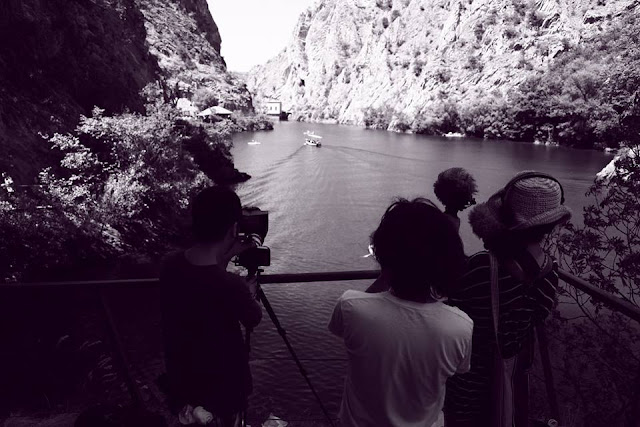
However, since the first day of shooting, I had a strong feeling that I can make a film with Ferdi. As what you see in the film, Ferdi has a very strong presence. Even though he had no experience in acting, his charisma gave me a confident that he can hold the audience's attention until the end no matter what he did or say. What I needed to do was design the mise en scene to develop his character and show his presence. After 1 week of shooting, I started to develop a story about him and his family. And after 5 weeks of shooting, I though I had enough elements and footage to construct and edit them into a proper feature film. No script and particular shooting schedule gave me more freedom and flexibility to make a film there,, while the small crew and the lack of preparation gave us more mobility to adapt to any situation,vbut at the same time, it also brought a lot of difficulties and inconvenience to the crew and cast. Sometimes even a lot of trouble to the people and places that are shown in the film. Especially when we stepped into their privacy and routine.
We spent 5 weeks to shoot this film, but basically, most of the time, we didn't roll the camera, we just drunk and played and talked together, creating a good atmosphere to communicate and then waiting for their availability and aimed at a good timing to film them. The style of our filming is more like shooting a documentary, but in fact, what we made is a fiction film. It is very challenging and risky especially when you don`t have the budget and the resources to organize everything in an unknown place.
However, in the end we made it ! I am really thankful to all cast and crew who supported and believed in me. For us, everyday was full of memorable moments, not matter if it was good or bad. In fact, to the crew and cast, probably the whole shooting was more like a never-ending nightmare. What I could do was just try my best to make it sincere, and after all, I hope they feel happy and worthy when they see the result.
What was the casting process like for the film and how did you guided the protagonists for their roles?
When I travelled to the Balkans 2 years ago, I met some interesting people. Ferdi was one of them. I stayed in his hostel when I came to Ljubljana. At that time, he was still single. But last year, when I revisited him, he was already married to Nurdan. After he introduced his wife to me, suddenly an idea came to my mind that I can make a story about them. Then I tried to persuade them to join the film. I think from the beginning, they were curious of what I tried to do, and did not believe I could make a film with them or probably thought that I would give up on the way. However, the more serious I became, they felt more stressed and confused haha.
Since the main protagonists were confirmed, then the rest of the cast was easy, all the people that surround them. I tried to asked all of their friends and relatives to join the film, some of them showed big interest and willing to try, some of them refused to participate.

Before rolling the camera, I described what kind of conversation and “blocking” I wanted them to do in every scene, based on my observations of their routine life. Before I asked them to do this scene or that scene, I already had an idea of what they can and cannot do. Based on those observation, I constructed the idea and sequence and made the decision directly on set. Basically I didn't push them and asked them to do things they did not want to, I just let them act naturally and improvise. In most of the scenes, even I didn`t understand what they were talking about, but I trusted they could express the kind of conversation I wanted. They are really creative and smart.
Most of the scenes, I only shot in one take, because the more you shoot, more irritated and confused they feel. It is not wise to ask them to do the same stuff repeatedly. After all, the process of editing was very important to me. Since I edited almost all the feature I made, I understand how the magic of editing can influence the flow of the film. However, the editing of this film was not easy, since we didn't have a script and didn't even shoot in order, and so, I had to reconstruct all the sequences and continuity. It took me 3 months to lock the pictures. Comparing to my other films which normally have a final cut in 1 month, this process was a bit long.
In the movie Ferdi is presented as a man constantly trying to make more money, drinks, smokes, and flirts non-stop. Is that how you perceived men from the region, at least as a majority? In general, what is your opinion of the people in the Balkans?
No really, what you see in the film is fiction, it doesn't mean I perceive men from that region like that. Not only in that region, I think you can find the character of Ferdi everywhere, as well as in Asia. I know a friend
in Malaysia who rusn a guesthouse near a beautiful beach and has exactly the same character as Ferdi .Even in Japan, it is not difficult for you to meet this kind of men. I think Ferdi represents a real part of man's nature.
And in this film, I think the most interesting part is the society and historic background. He is a minority Turk who immigrated to Ljubljana from Macedonia with his family, before the breakdown of Yugoslavia. In fact, It is not easy for a minority member to expand his business in Slovenia. They faced a lot of difficulties to survive there and had a kind of complex from the beginning. The Ottoman Empire dominated that area for centuries, and even though Slovenia and Macedonia are 2 different countries nowadays, him, or any other former Yugoslavian with Turkish roots, I think they do not share the collective identity of the “country”, instead they are more connected through family or friends in their hometown, and Turkish culture

Another interesting aspect to me is that even though they are Islamist, their social life doesn't really follow the regulations of Islam. When I shot the story of Ferdi, I always thought about my identity in Malaysia too, because I find out a lot of similarities between the Turk community and overseas Chinese, even though we come from different cultures and races. In fact, I tried to make a universal story about a man and a woman .I tried to make it as simple but emotional as I could. I am very satisfied with the result now.
In general, I think the people in the Balkans are very passionate, optimistic and easy-going. They know how to enjoy life and relax even if life is not easy. It is quite different with the Chinese or the Japanese.
Ferdi realizes he loves Nurdan only when she abandons him. Why is that? And is what is your opinion regarding love between men and women? Melancholia seems to permeate the film. Why did you choose this approach?
Probably what I tried to say in this film is the opposite of what you think. Even when she abandons him, he still doesn`t understand or realize his love. He tries to win back her heart ,but in fact, what he tried to do is probably just for satisfying his illusion and loneliness. This kind of man's illusion is the truth, but another truth is that for women, it is hard to be independent from it all the time. In the beginning, love is romantic, in the middle, it becomes an illusion, and then at last, it opens more possibilities. Through the whole process, we learn and experience what is the reality of love. In “No where, Now Here”, I try to tell a simple story about the distance of heart between men and women.
“No Where, Now Here”, at the same time, is also about our identity and mentality in this world. In that aspect, I am probably a melancholic person, haha.
Can you tell us a bit about your future projects?
In fact after shooting “No Where, Now here” in Slovenia and Macedonia, I made another short film in Serbia and Montenegro, since my crew promised me to spend 2 month in the Balkans, and we shot the film in just 5 weeks, much earlier then we expected to. Another reason is because, instead of Ferdi's story, I had another, backup story and I already made some preparations for it. It is about a Japanese girl who travels and gets lost in Belgrade and Montenegro, and finally she meet the reality of the Balkans which is far from her expectations. Now, I am seriously thinking to extend this short film or include other stories to make it another feature-length film. If I find a sponsor or investor I would like to come to Balkan again in this summer and make another film.


